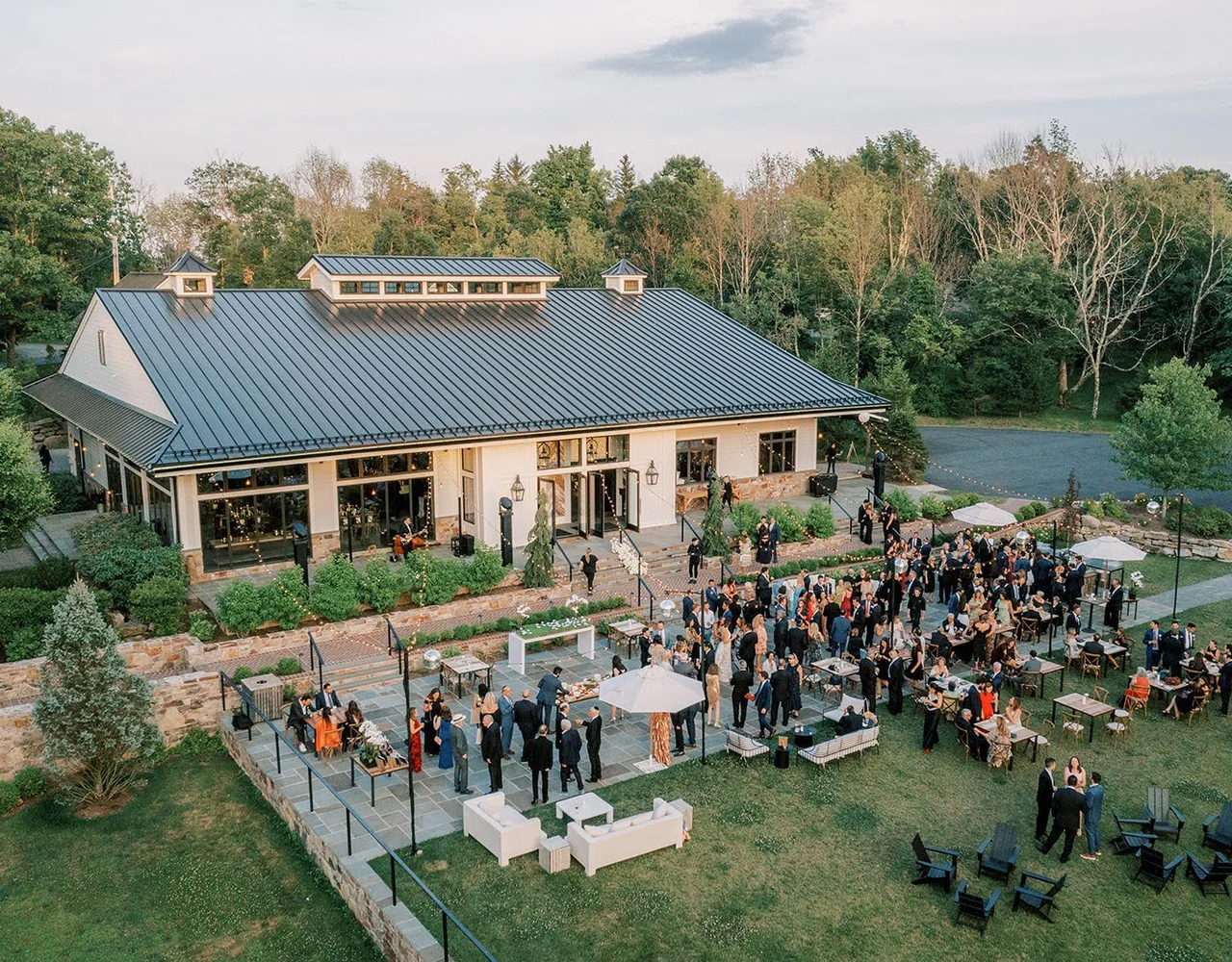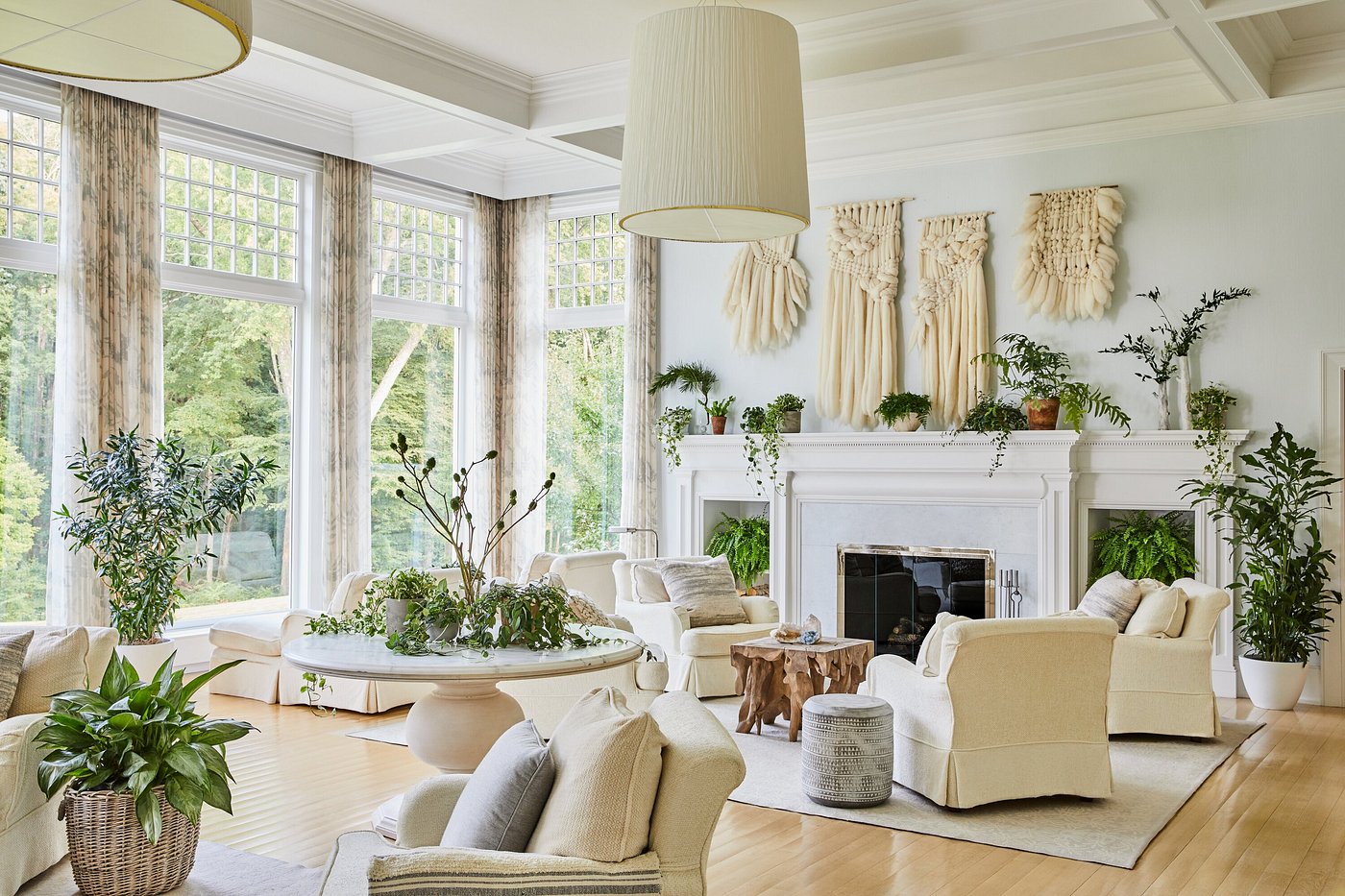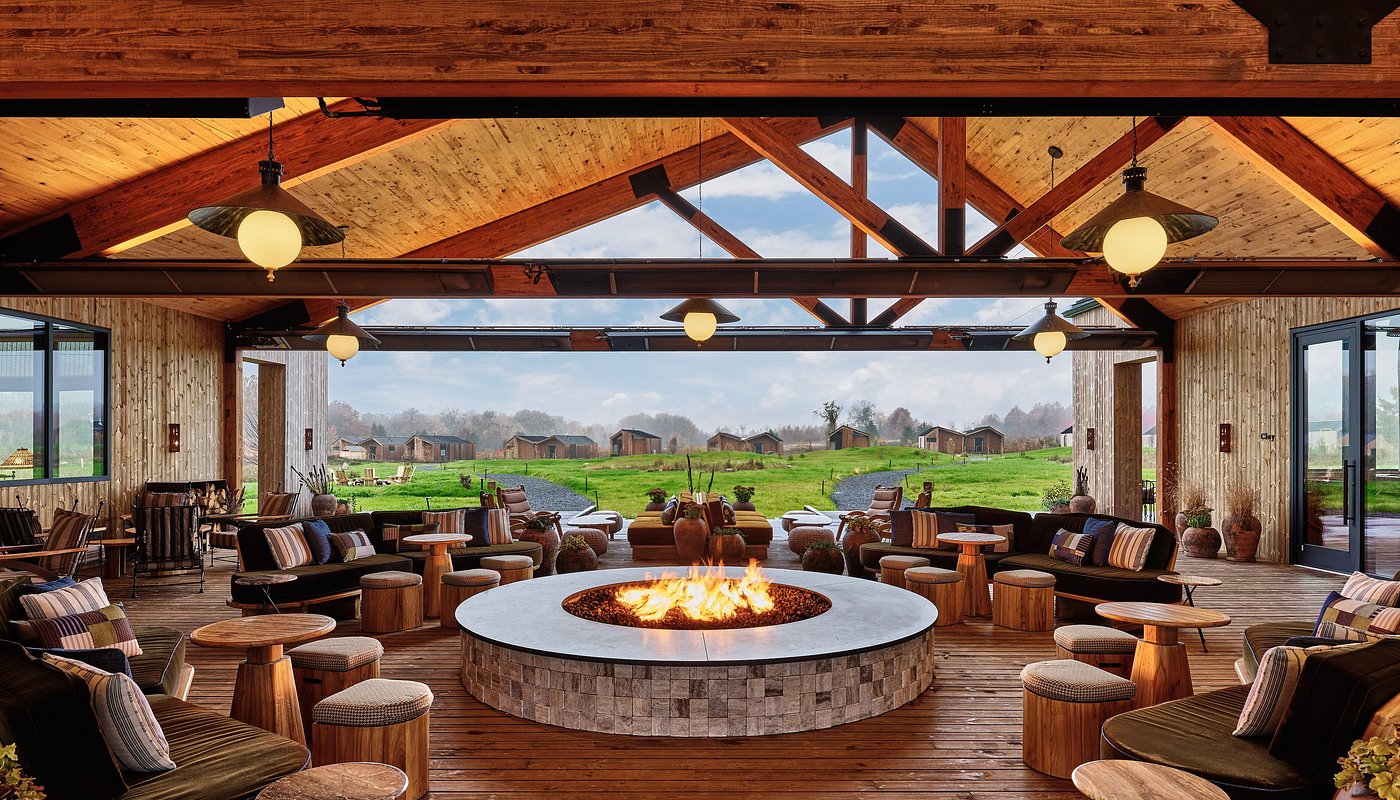Planning a destination wedding is a dream come true for many couples, but capturing the full magic of it on film takes thoughtful strategy, clear communication, and a deep understanding of how these multi-day celebrations unfold. As a luxury wedding videographer who has filmed destination weddings I’ve had the privilege of documenting some truly unforgettable weekends.
From lush garden ceremonies in the Northeast to sun-soaked European coastlines, each destination brings its own rhythm and personality. But no matter the location, there are a few tried-and-true tips I always share with my couples and their planners to help ensure their story is beautifully told on film.
If you’re planning a destination wedding, or if you’re a wedding planner guiding your couple through the process, these insights will help you think like a videographer and get the most out of your wedding film experience.
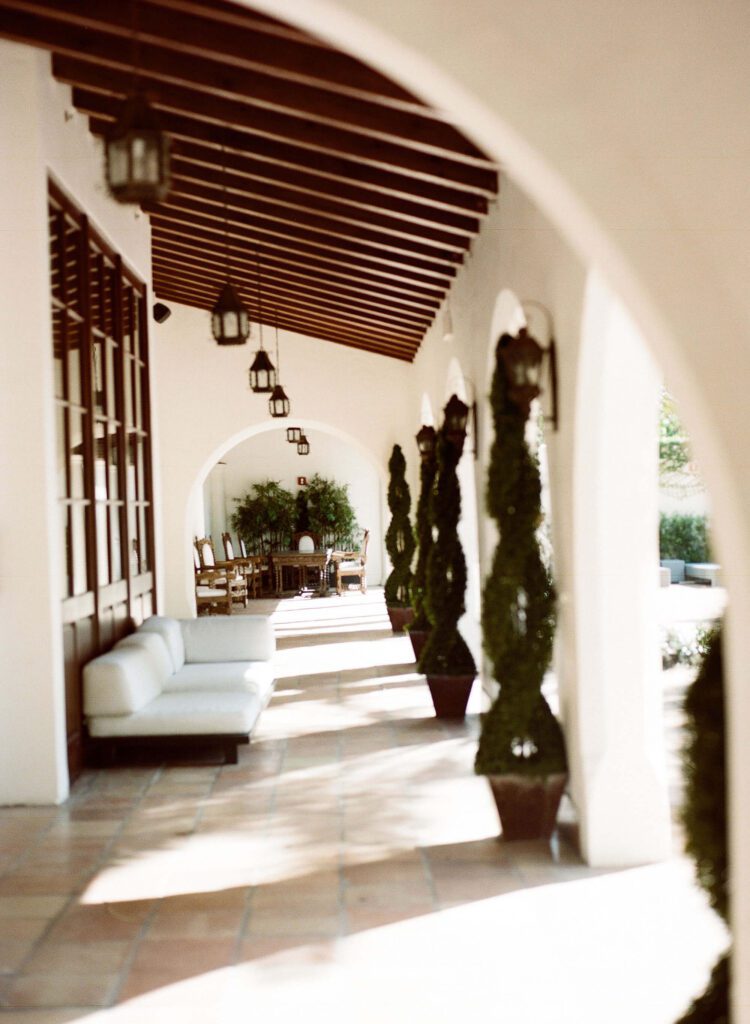
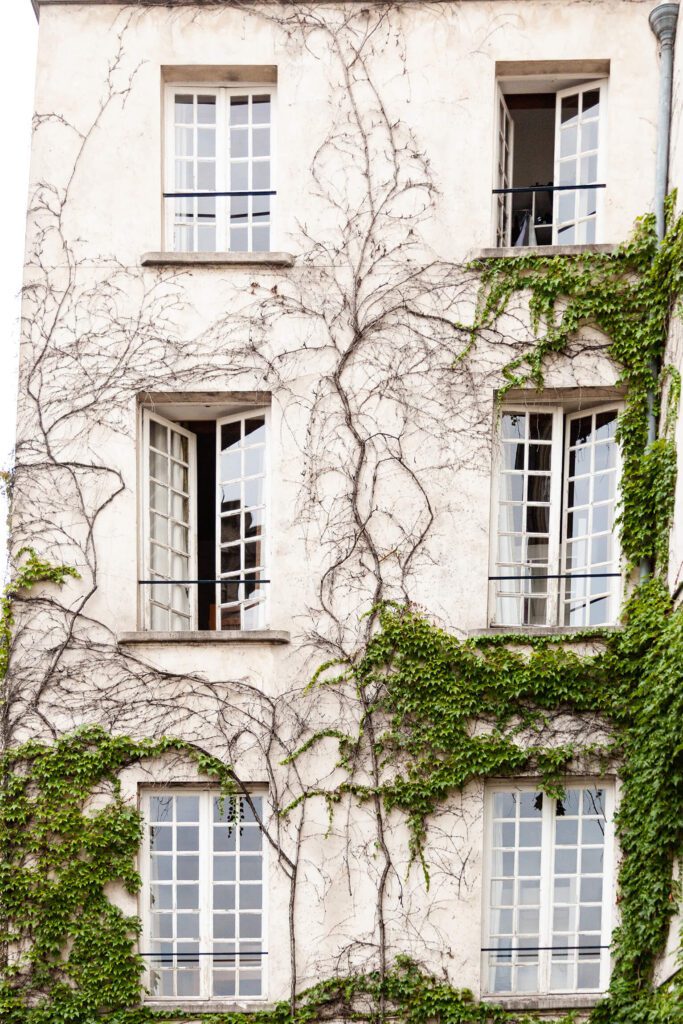
Build Time into the Schedule for B-Roll and Scenery
One of the most incredible things about a destination wedding is the setting. Whether it’s a lakeside estate, a Tuscan villa, or a Caribbean resort, the location is a character in the story. And in film, we want to give that character a proper introduction.
Pro Tip: Schedule at least 30–60 minutes in the early part of the weekend for your videographer to capture establishing shots of the venue, the landscape, and even the surrounding town or scenery. This “b-roll” adds depth to your story and helps set the tone for your film.
Planners: Share an early itinerary or welcome packet with your videographer in advance. Wonderful if includes local cultural elements or noteworthy design details we can highlight on camera. I always arrive a couple days early to any destination event to familiarize myself with the area, observe the culture and capture the beautiful locale. It always help shape the film.
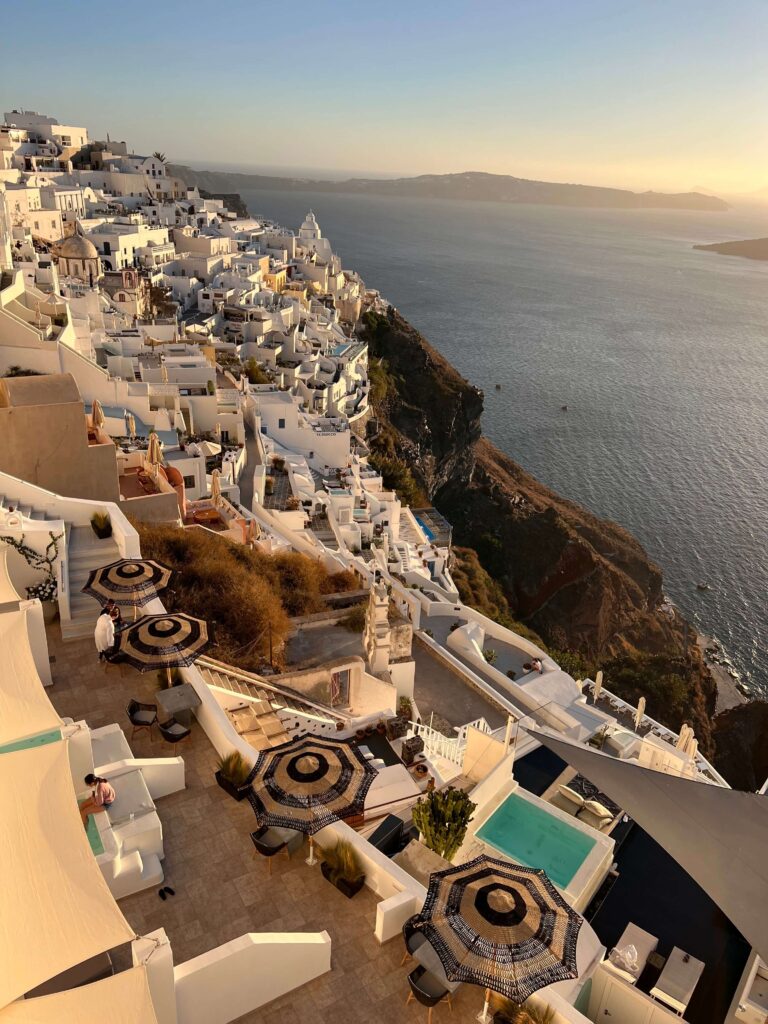
Include Your Videographer in Pre-Weekend Planning
Your planner may be handling logistics, but your videographer is crafting your visual legacy, and the more they know in advance, the better they can prepare.
Why It Matters: Destination weddings often have tight turnarounds and unique lighting, or more remote locations. Knowing where events will take place, when golden hour hits, and how transportation works between venues helps your videographer create a seamless plan.
What to Share:
- Full wedding weekend schedule (welcome dinner, ceremony, brunch, etc.)
- Ceremony location and layout
- Lighting conditions for indoor events
- Cultural traditions or surprise moments
When your videographer is looped in early, it shows in the final film. Smooth transitions, intentional pacing, and emotional continuity.

Treat Your Wedding as a Weekend, Not Just a Day
Many destination weddings span several days of celebration, which means the story is much larger than the ceremony itself.
From welcome parties to beach days, farewell brunches to boat outings. These are moments that shape the atmosphere of the weekend and deserve to be documented. The help tell the whole story of your wedding weekend.
Tip for Couples: If you’re investing in a weekend-long destination experience, consider full-weekend coverage. Your guests’ arrival, their reactions, and the organic in-between moments (like wine tastings or late-night conversations) add so much life and context to your final film.
Tip for Planners: Build in time for casual coverage. It doesn’t need to feel “posed.” Think relaxed footage of the couple mingling, guests exploring, and the setting doing what it does best.
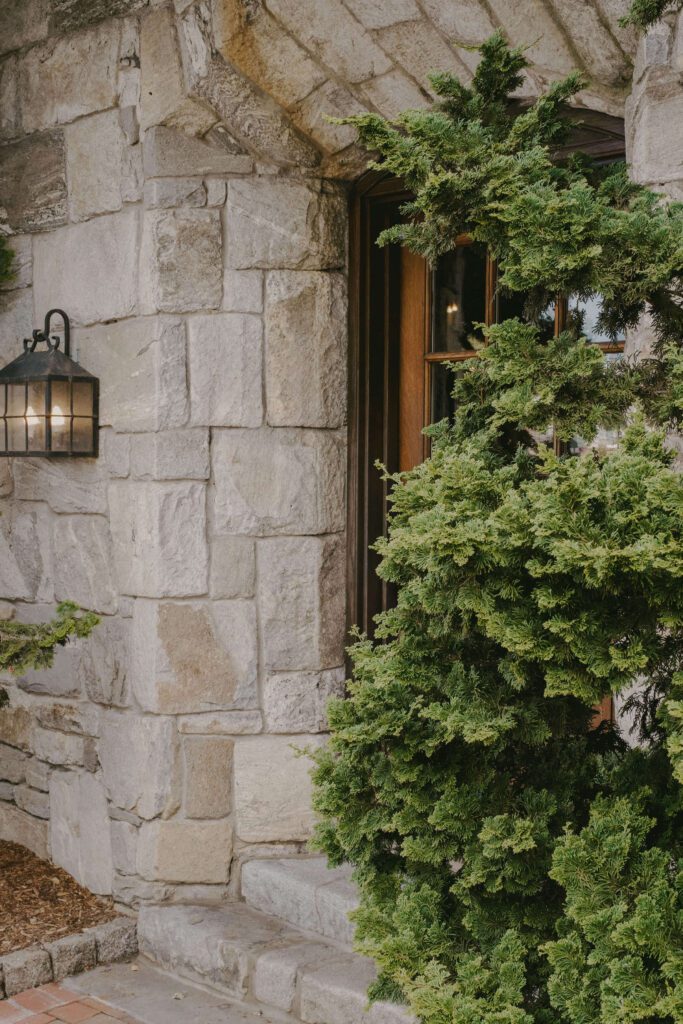
Prioritize Sound and Speeches
Audio is one of the biggest differentiators between photo and film. Whether it’s a tearful vow exchange or a toast that makes the whole room laugh, sound carries emotion.
To Optimize Audio in a Destination Setting:
- Ensure your officiant and speakers use a microphone (even in outdoor settings).
- Share a list of who will be giving speeches in advance so your videographer can prepare.
- Provide a quiet space during letter readings or vow exchanges for private audio recording, especially if you’re doing them ahead of time.
Pro Tip: If you’re reading personal vows in private before the ceremony, your videographer can capture both video and audio in a quiet, scenic location. These quiet moments often become the emotional core of the film.
Trust Your Creative Team and Give Them Room to Breathe
Destination weddings can be beautifully orchestrated, but they can also feel like a whirlwind. If your planner has pulled together an incredible team, give them the space to do what they do best.
For your videographer, that means allowing for movement during the ceremony (when appropriate), carving out moments for couple portraits in golden light, and avoiding overly rigid shot lists that don’t leave space for organic storytelling.
Your film will feel more relaxed and cinematic when your videographer can move freely, follow emotion as it unfolds, and work in sync with your photographer and planner.
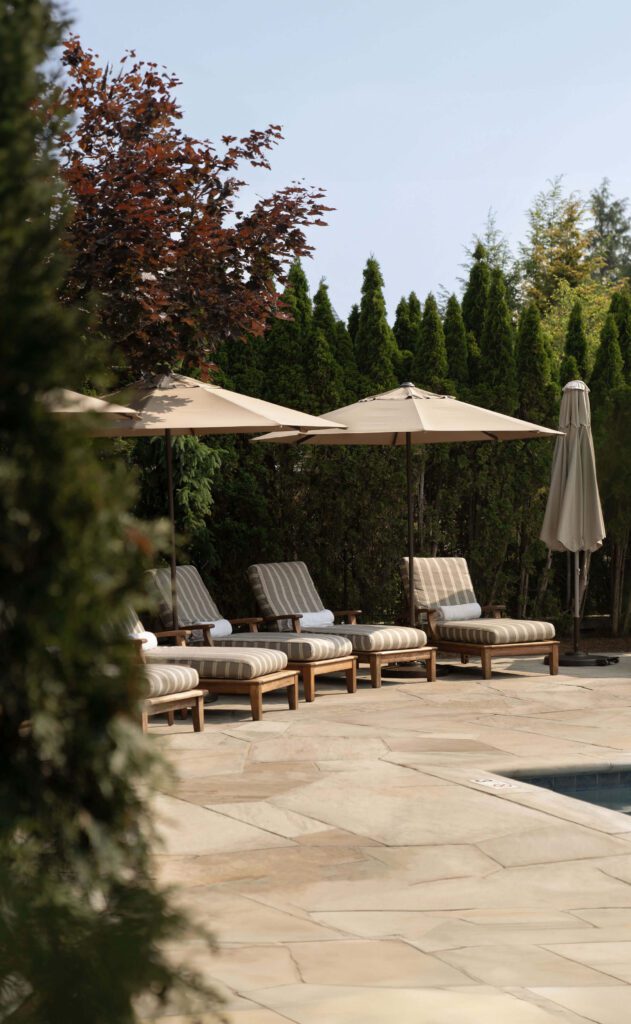
Plan for the Light and Lean Into Natural Beauty
Lighting plays a huge role in the overall tone and style of your film. For destination weddings, that often means working with what nature gives you, whether it’s the bright coastal sun, the moody tones of a vineyard in the rain, or golden hour over rolling hills.
Things to Consider:
- When does sunset happen at your destination?
- Are there open-air spaces for portraits?
- Will your ceremony be in full sun, deep shade, or a mix?
Your videographer can help you identify the most cinematic times and locations for portraits or quiet moments throughout the day.
Bonus Tip: If your wedding includes indoor events (especially in historic venues), ask your videographer what kind of lighting support they may need to preserve the atmosphere while still ensuring clean, timeless footage.
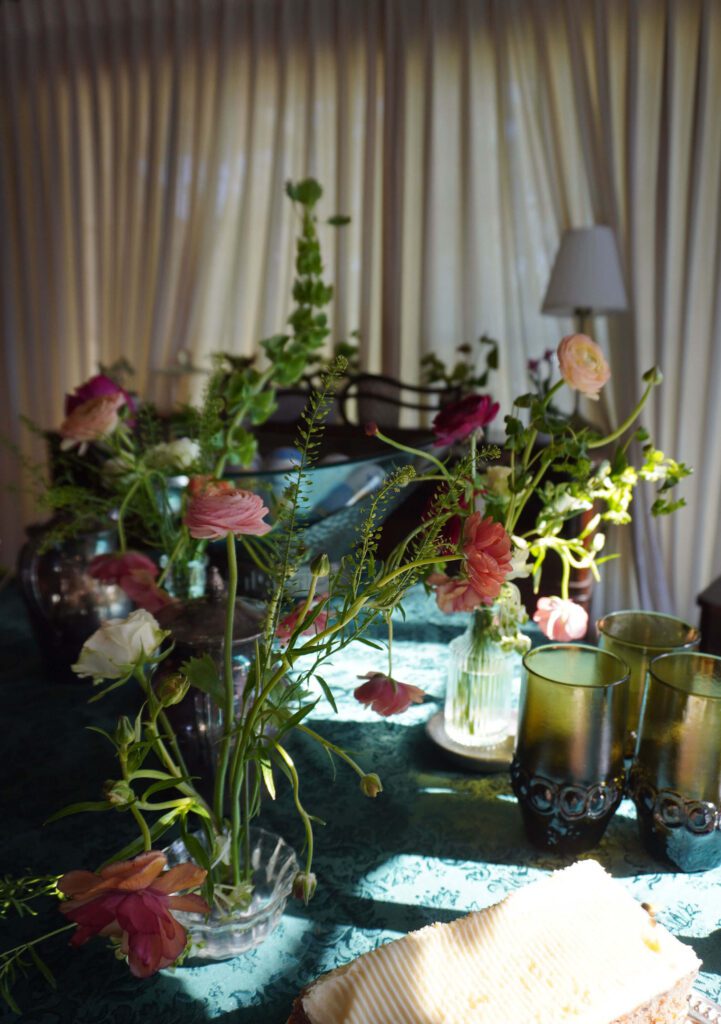
Don’t Skip the Personal Touches
Destination weddings are often more intimate, and that’s part of what makes them so emotional. Lean into that. Include personalized notes, gifts, handwritten vows, or meaningful rituals in your timeline—and let your videographer know in advance so they can capture it intentionally.
These are the moments your film will return to again and again, adding depth and meaning to the visuals. It’s not just about showing what happened, it’s about why it mattered.
Think Long-Term: Your Film Is Part of Your Legacy
It’s easy to get caught up in the logistics of planning, especially when travel and international coordination are involved. But at the end of the day, your wedding film is more than a highlight reel—it’s a time capsule.
Your grandchildren won’t just want to see what your flowers looked like. They’ll want to hear your voices. See how you looked at each other. Watch the way your families came together in a faraway place to celebrate something real.
A good wedding film doesn’t just document, it honors, preserves, and brings life to your legacy.
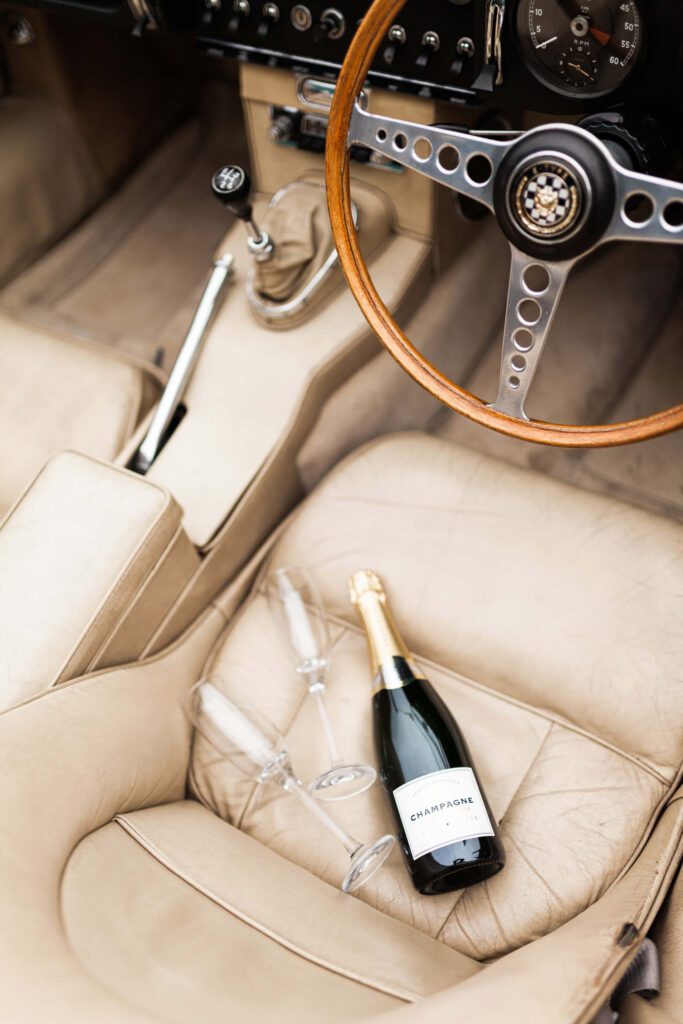
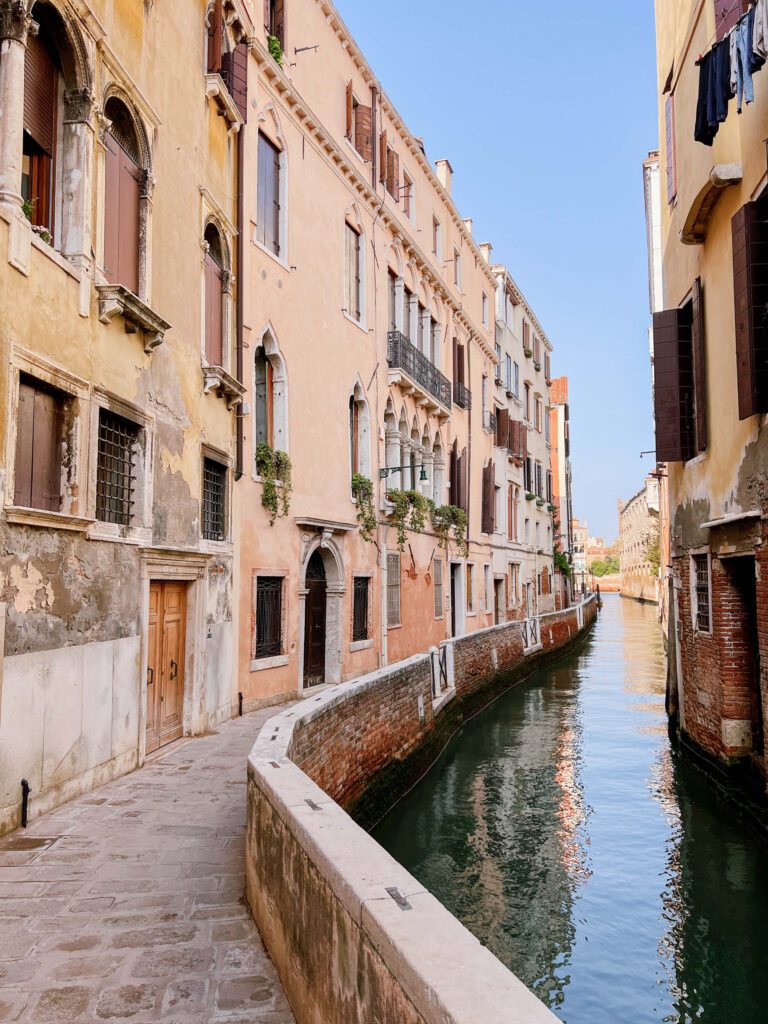
Whether you’re a couple dreaming up a luxurious destination celebration, or a planner curating an unforgettable experience, video is an investment in storytelling, emotion, and time. It captures what photography can’t: the movement, the music, the sounds, the feeling.
If you’re planning a destination wedding and want to ensure your story is captured with elegance, intention, and artistry, I’d love to help you bring it to life. Let’s create something timeless, together.
+ view the comments
